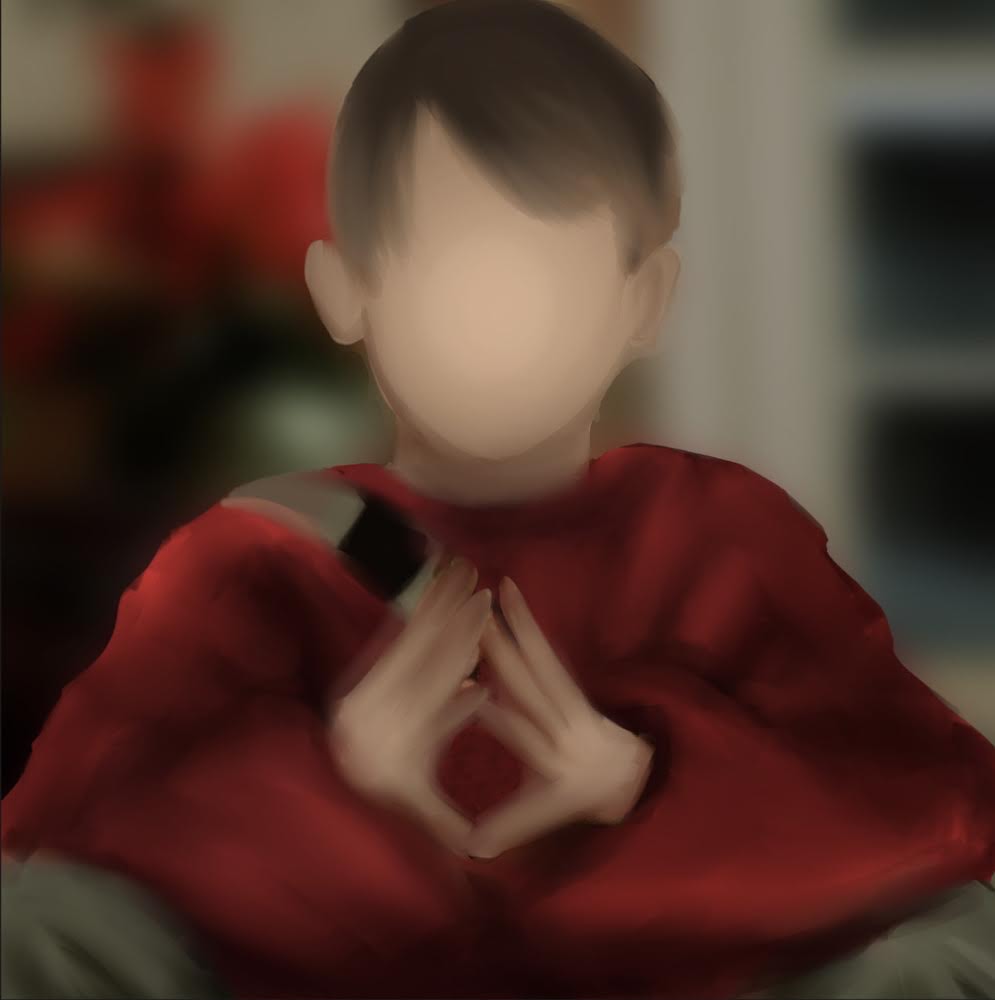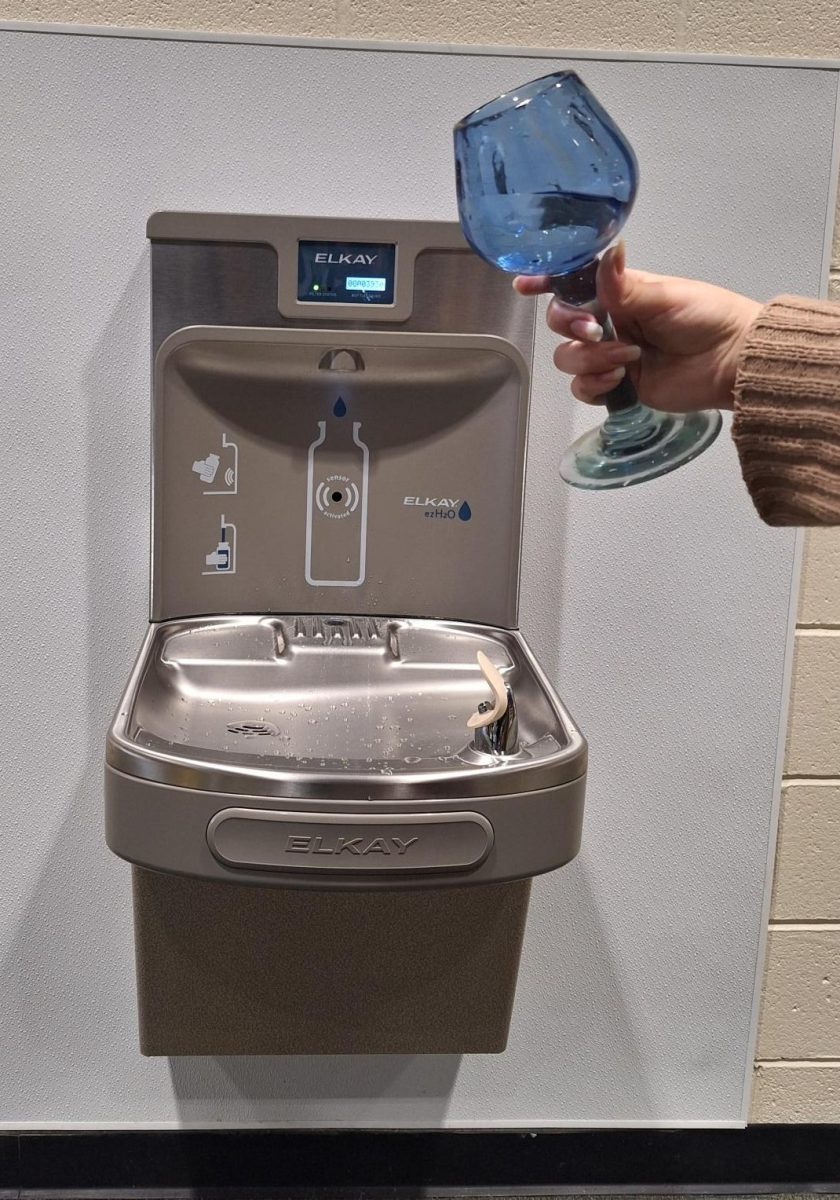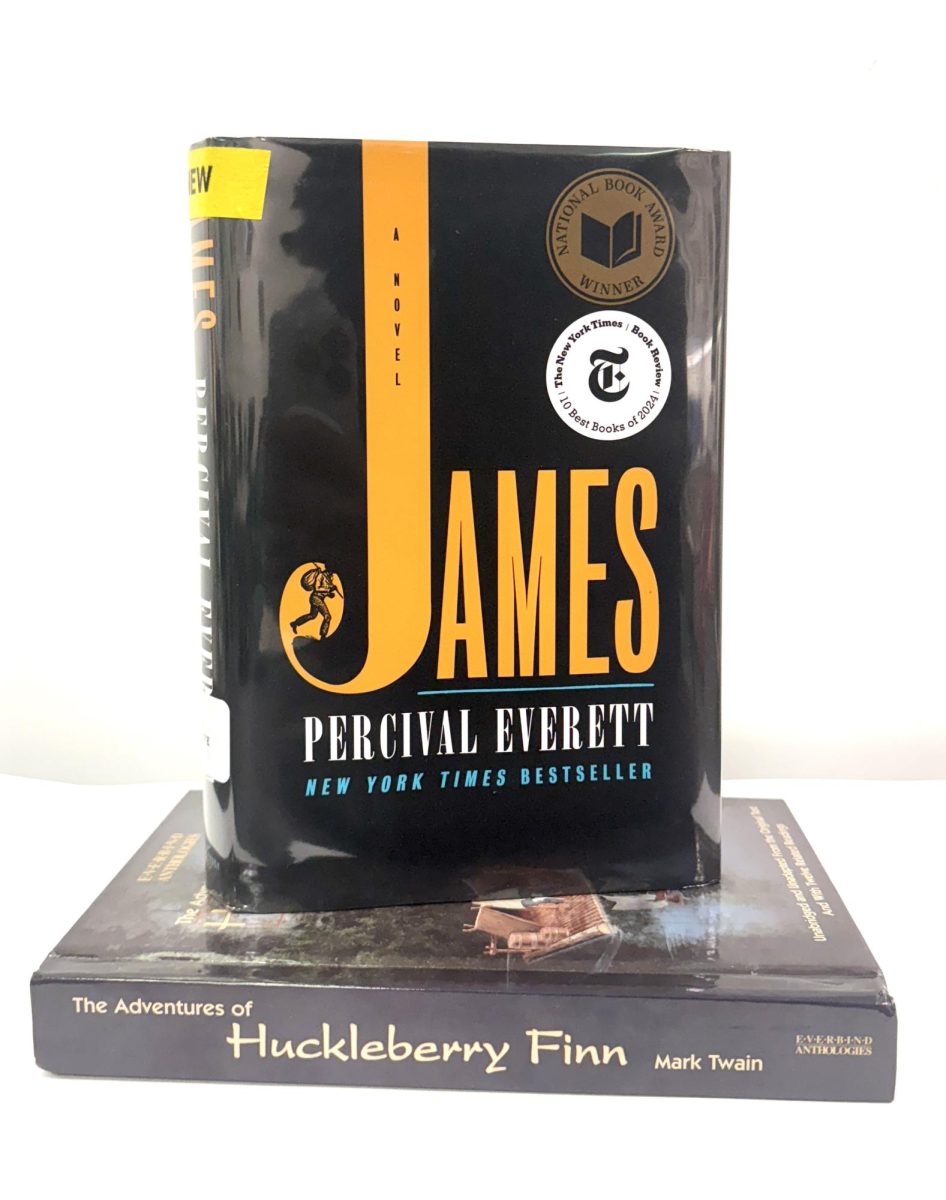“Down here, you big horse’s ass!” Kevin McCallister taunts the two burglars in his home from the other end of a makeshift zipline, while standing triumphantly in his treehouse. “Come and get me before I go call the police!” As Marv and Harry begin making their way across the rope, Kevin lifts something into view with a large grin. It’s a pair of hedge trimmers.
“Home Alone” was released in Nov. of 1990, and according to USA Today, it’s the third most watched holiday movie this year. But underneath the tinsel and lights there’s a side that’s disturbing. You’ve got to peer under the curtain and examine the movie with a more skeptical eye: it’s more than it seems.
“I fell in love with Kevin,” Smiti Yadla (‘25) told me. “He’s relatable. I sometimes feel that way, too: overshadowed and somewhat forgotten, figuratively and literally.”
Kevin McCallister charms children and adults alike with his smarts and resourcefulness. When his home is threatened by two burglars planning to infiltrate all the houses on the block, he fights them off, not with his fists, but a series of booby traps.
Wait–pause the movie. Why resort to traps? Kevin had advance warning of the burglars’ plans. He knew they were going to strike at nine. He could have called the cops, so why didn’t he? Why would he actively choose to harm others, if he’s not even going to tell his family what he did to protect his home?
I think any kid, if they did that, would want credit. But some of Kevin’s methods of defense are excessively brutal, and he doesn’t even have the childish reasoning of wanting to prove his heroics to his family.
He intentionally hurt the pair of burglars instead of choosing to inform the authorities. He made sure nobody knew what happened except for him and the two antagonists of the story, Harry and Marv.
Speaking of these antagonists, there doesn’t seem to be anything more to uncover here. Look at them. The Wet Bandits are inept, clumsy fools.
“They’re not able to stop this child from doing what he’s doing. They are so incompetent it’s hilarious,” said Mr. David Colon, P.E. teacher.
Close your eyes and look at them again. What do you see? Do you know what I see? Harry, the shorter one with the gold tooth, speaks a certain way that is common among Italian Americans.
Also, his use of colorful language when making a threat indicates possible Hispanic heritage. Joe Pesci, who plays the character, is not coincidentally of Italian descent.
Marv, the taller one with the facial hair, is shown to be Jewish when he wishes himself a Happy Hanukkah in the second movie. His actor, Daniel Sterne, is also Jewish. On the other hand, the hero of the story, Kevin McCallister, is white and Christian.
Film critic Dave Kehr wrote in the Chicago Tribune, “All of Hughes’ middle-class paranoia comes out in these figures, who represent an imagined urban, ethnic, anti-family threat to the white-bread purity of the suburban paradise.”
The influx of people immigrating to the U.S. in the 1900s was often regarded with suspicion and fear. They were different. Strange. They were regarded as intrusions and opportunists who would take your job and your home without a second thought.
Prejudice wormed its way into the media, even into children’s movies, and it persists today.
Realizing this made me angry. It might make you angry too. It might make you remember Mother Gothel’s curly hair and hooked nose, or Ursula’s painted face and flamboyant manner. Looking back, you can find queer and racial stereotypes embodied by villains in much too many family movies.
Why are the non-Christian, POC and queer characters always cast as the villains? Why must the blond-haired, blue-eyed, God-fearing hero always triumph?
But everything has its flaws. If you love “Home Alone”, and it has a place in your heart, keep loving it. Remember what I’ve said, keep it in mind, always deconstruct everything you consume. Be aware of what messages are being spread.
Don’t let that stop you from enjoying it, or any movie at all. Despite my critical reading, “Home Alone” is a sweet, highly comedic film that made me laugh many times.
I loved when he sat and watched TV eating ice cream like how an alcoholic drinks beer, I loved when he overcame his fear of the basement, I loved when he finally got reunited with his family. Adrienne Cedeno (‘26) loved the scene where he goes to the supermarket and foils the cashier, and Yadla loved the scene where Kevin makes his own food.
Even with his drawbacks, and the movie’s flaws, Kevin was a real kid. “My cousins also act a little like him,” Cedeno said. “But not as extreme as him.”
His relatability is why we’re drawn to this movie, and Yadla said, why “people just can’t forget about it.”







